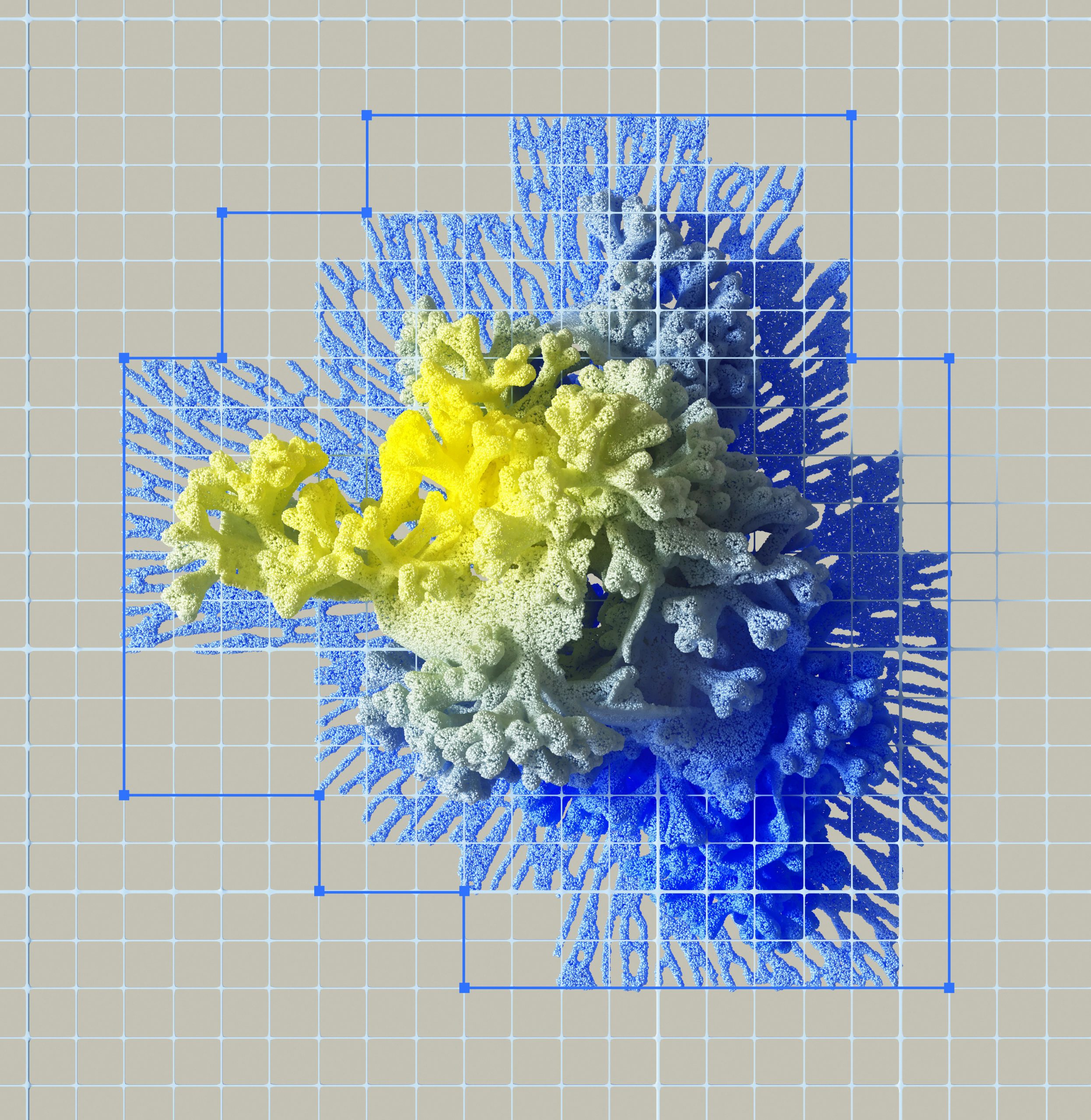Neural implant technology is revolutionizing the way we interact with machines, treat neurological disorders, and even enhance human cognition. By bridging the gap between biology and technology, these devices promise groundbreaking advancements in medicine and beyond. However, as innovation accelerates, so do ethical concerns—ranging from privacy risks to societal inequalities. This article explores the potential of neural implants while addressing the moral dilemmas they present, aiming to strike a balance between progress and responsibility.
The Promise of Neural Implant Technology
Neural implants, also known as brain-computer interfaces (BCIs), are devices that connect directly to the brain to monitor, stimulate, or augment neural activity. Their applications are vast and transformative:
- Medical Breakthroughs: Implants can restore mobility for paralyzed patients, alleviate symptoms of Parkinson’s disease, and even treat depression.
- Cognitive Enhancement: Researchers are exploring how BCIs could improve memory, focus, and learning capabilities.
- Seamless Human-Machine Interaction: Companies like Neuralink aim to enable direct communication between brains and computers, potentially revolutionizing how we interact with technology.
These advancements could redefine healthcare, education, and daily life, but they also raise critical ethical questions.
Privacy and Data Security Risks
One of the most pressing concerns with neural implants is the potential for privacy violations. Since these devices collect and transmit brain activity data, they open the door to unprecedented surveillance and misuse:
- Brain Data as Personal Property: Who owns neural data—the patient, the manufacturer, or the healthcare provider?
- Hacking Vulnerabilities: Malicious actors could exploit weak security measures to access or manipulate sensitive neural information.
- Commercial Exploitation: Companies might monetize brain data for targeted advertising or other profit-driven purposes.
Without robust regulations, neural implants could erode personal autonomy and expose users to significant risks.
Ethical Dilemmas in Human Enhancement
Beyond medical applications, neural implants raise questions about the ethics of human enhancement. Should society allow technologies that grant cognitive or physical advantages to those who can afford them?
- Inequality and Access: High costs could create a divide between enhanced and non-enhanced individuals, exacerbating social disparities.
- Informed Consent: Patients must fully understand the risks, especially in experimental procedures where long-term effects are unknown.
- Identity and Agency: Altering brain function could challenge our sense of self—does an enhanced individual remain the same person?
These dilemmas require careful consideration to ensure equitable and responsible development of neural technologies.
Regulatory and Societal Challenges
The rapid pace of innovation in neural implants has outpaced regulatory frameworks, leaving gaps in oversight and accountability. Key challenges include:
- Lack of Standardization: Without universal safety and efficacy standards, inconsistent quality control could endanger users.
- Ethical Oversight: Who should govern neural implant development—governments, independent boards, or international bodies?
- Public Perception: Misinformation and fear could hinder adoption, even for life-saving applications.
Addressing these issues demands collaboration between scientists, policymakers, and ethicists to create balanced guidelines.
Conclusion
Neural implant technology holds immense promise, from curing debilitating conditions to unlocking new human potential. However, its ethical implications—privacy risks, societal inequalities, and regulatory gaps—cannot be ignored. Striking the right balance between innovation and responsibility will require transparent research, inclusive policies, and ongoing public dialogue. By addressing these concerns proactively, we can harness the power of neural implants while safeguarding fundamental human values.
